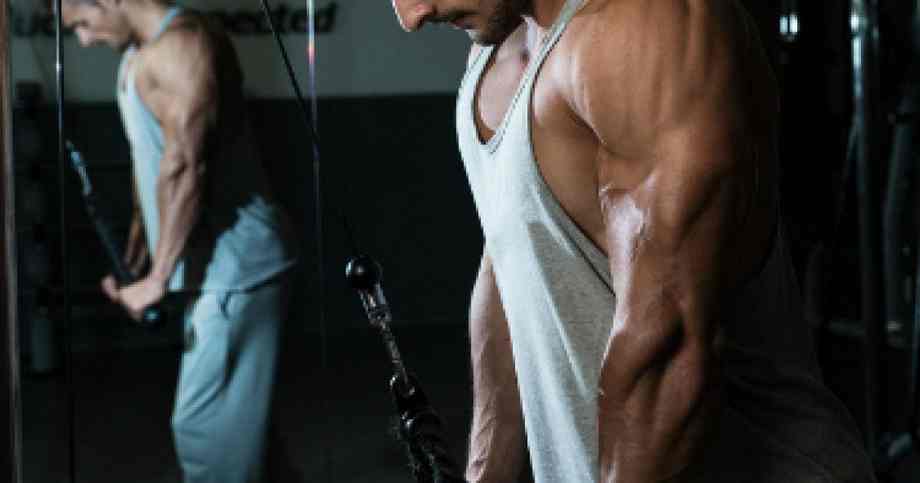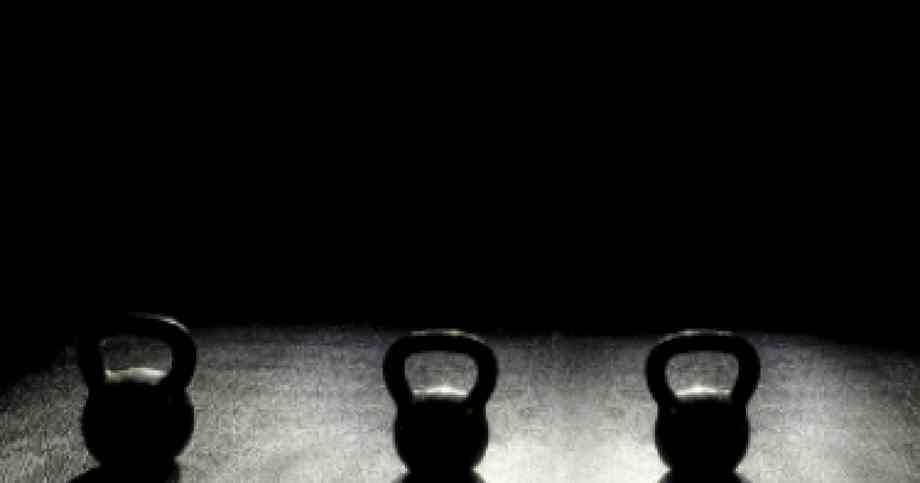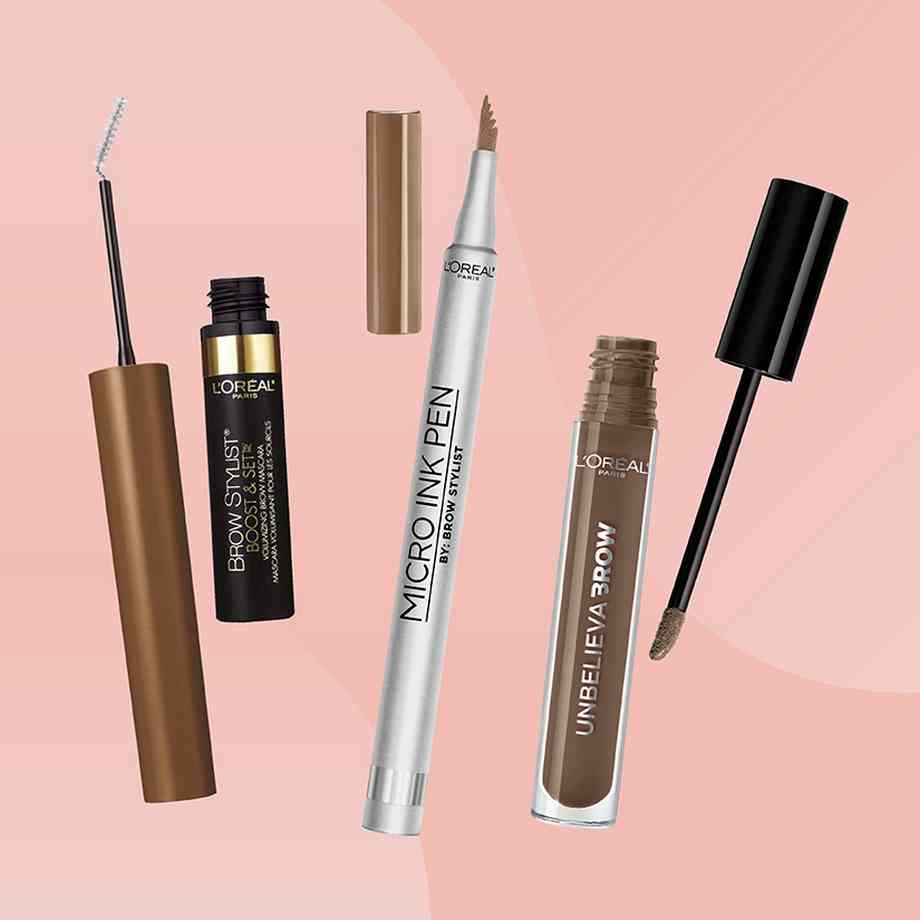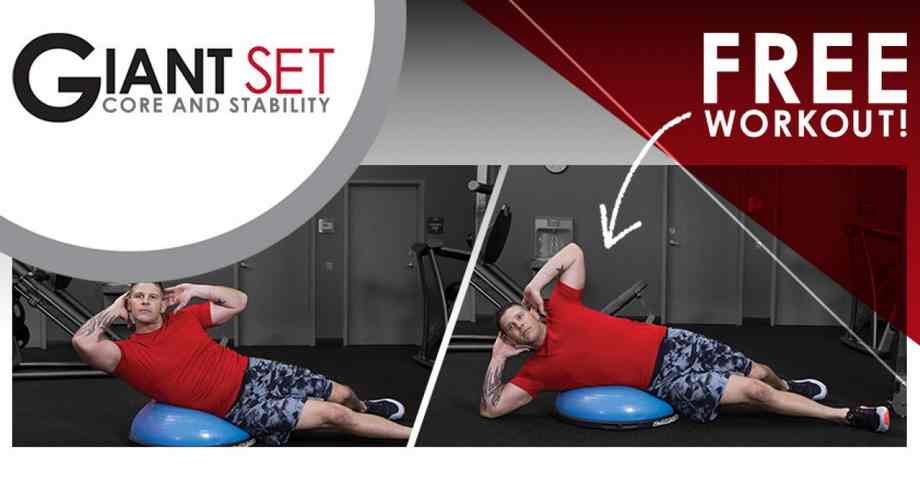Windmills: Jacked of All Trades

If I requested you to create the right motion, how would you do it? Maybe you’d begin with one of many archetypal patterns for athletic motion. Your thoughts in all probability instantly lands on the hip hinge; mine definitely does. Subsequent you may add simultaneous power, mobility, stability, and steadiness necessities, for each the higher and decrease physique.
Since we’re dreaming large, why not have it deal with a number of the commonest alignment and postural points we see in our fashionable tradition? Issues like tight hips, hamstrings, and IT bands, bound-up thoracic spines, motionless and unstable shoulders that don't permit folks to entry a correct overhead place.
Assume such a movment is simply too good to be true? Then I'd wish to introduce you to the windmill.
The windmill may not have been gifted from a divine being, nevertheless it must be part of each athlete's program. Due to its complexity and multi-faceted advantages, the windmill serves to diagnose and repair many mobility, stability, and power deficiencies.
What the Windmill Brings to Your Coaching
Like an excellent morning or deadlift, the windmill strengthens your hip hinge and stretches your hamstrings. It additionally has the additional benefit of offering a loaded power motion to your IT band. Primarily a single-leg hip hinge, the windmill may even expose and repair any power and mobility discrepancies between your two sides. The windmill’s overhead place requires your lats to totally interact. Robust and lively lats are a main part of shoulder stability and postural help.
Arguably probably the most priceless side of the windmill comes from the spinal twist, primarily within the thoracic backbone. We will level to myriad postural points in our fashionable tradition, however none is as widespread or pernicious as a bound-up thoracic backbone.
The way to Hone the Windmill
Stick to those finer factors to glean probably the most out of your windmills:
- Foot Place – Begin together with your toes instantly underneath your hips. They are often simply exterior your hips, however not as large as you’d squat. Starting too large will forestall correct weight distribution. Flip your toes away out of your overhead arm at a 45-degree angle. Your toes ought to stay parallel to one another.
- Hip Hinge – Hinge on the hips, pushing your hips again on the road of your toes. This can really feel like a hip hinge, but additionally like you might be cocking your hips out over your again foot.
- Weight Distribution – Preserve your again leg straight. Soften your entrance leg. Don’t bend your entrance knee, however pull a lot of the weight out of your entrance leg, nearly as if lifting your foot. Your weight distribution must be roughly 80% rear foot and 20% entrance foot.
- Hip Place – Preserve your hips sq. to your toes. Don’t allow them to twist towards your entrance foot. Your rear hip ought to stay above or exterior your rear foot.
- Overhead Place – Preserve your overhead arm locked out with a decent grip and powerful wrist place. Preserve your lats engaged by pulling your shoulder away out of your ear.
- Spinal Twist, Not Flexion – Twist your shoulders as you descend into the windmill. Take into consideration urgent your decrease shoulder ahead and exhibiting your chest to the wall throughout from you.
The place Windmills Go Fallacious
The commonest faults come from misunderstanding the purpose of the windmill. The purpose is to not contact the bottom, however merely to descend so far as you may whereas sustaining kind and stability. When prioritizing touching the bottom, most athletes will sacrifice a packed (engaged) lat and impartial backbone. Should you really feel your self reaching or stretching for the bottom you have got in all probability fallen into one or each of those widespread faults.
To protect in opposition to shedding your impartial backbone, focus in your ribs. If the ribs in your overhead arm's facet are increasing or the your complete rib cage is shifting away out of your pelvis, you have got misplaced impartial backbone. That is tough to evaluate within the midst of the windmill. Use a coach, pal, or video to look at your kind.
To protect in opposition to shedding a packed lat and shoulder, take note of the top of your shoulder (the spherical half on the entrance). Preserve the top of your shoulder in step with the remainder of your chest. Additionally it is useful to think about a straight line from hand at hand. Stretch your arms large and make a straight line between them to keep up a packed shoulder.
The way to Progress to Loaded Windmills
Use half-kneeling windmills to develop the requisite mobility for full windmills. See the video for a full description of those progressions.
When shifting to the total windmill, all the time start with physique weight. Merely make a fist overhead. Subsequent, progress to a low windmill, with weight in your decrease hand. As soon as you are feeling assured and fluid within the motion sample, advance to full windmills with weight overhead.
Windmills for a Extra Helpful Physique
Windmills might look a bit odd, however carried out nicely, can convey power, flexibility, stability, and a deeper consciousness of how you progress. In case your purpose is to be higher in tune together with your physique, add the windmill to your repertoire of actions.
The very best device for shoulder well being:
Bottoms-Up: Press Stimulation
<








